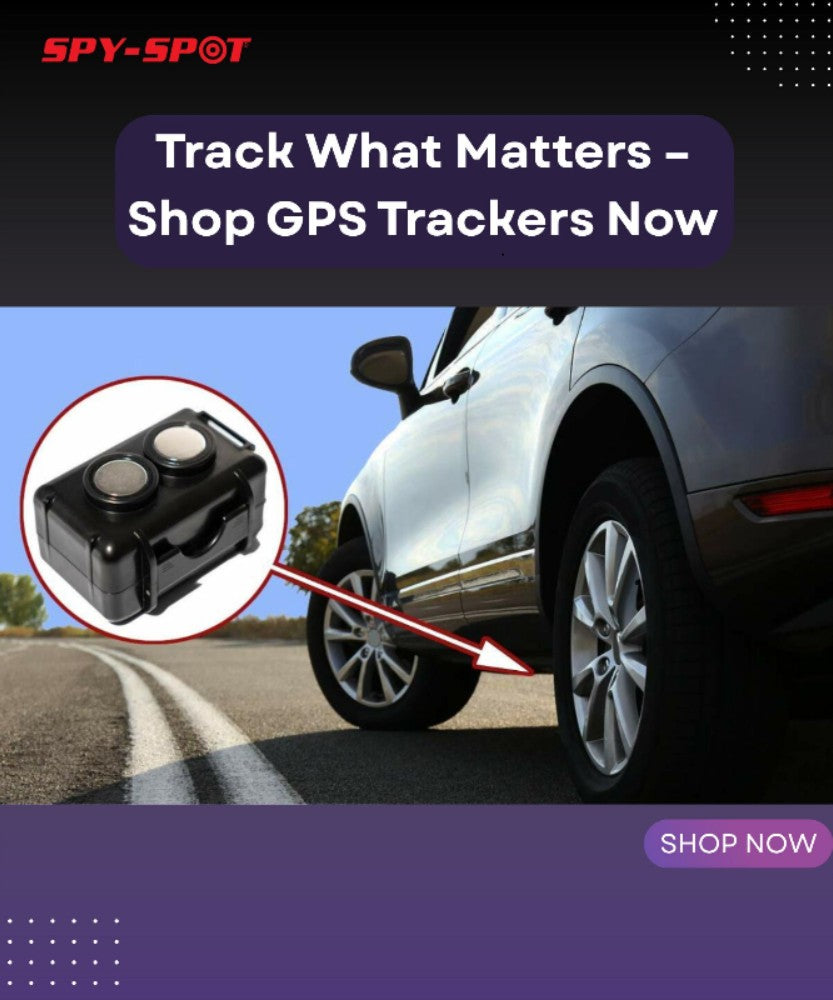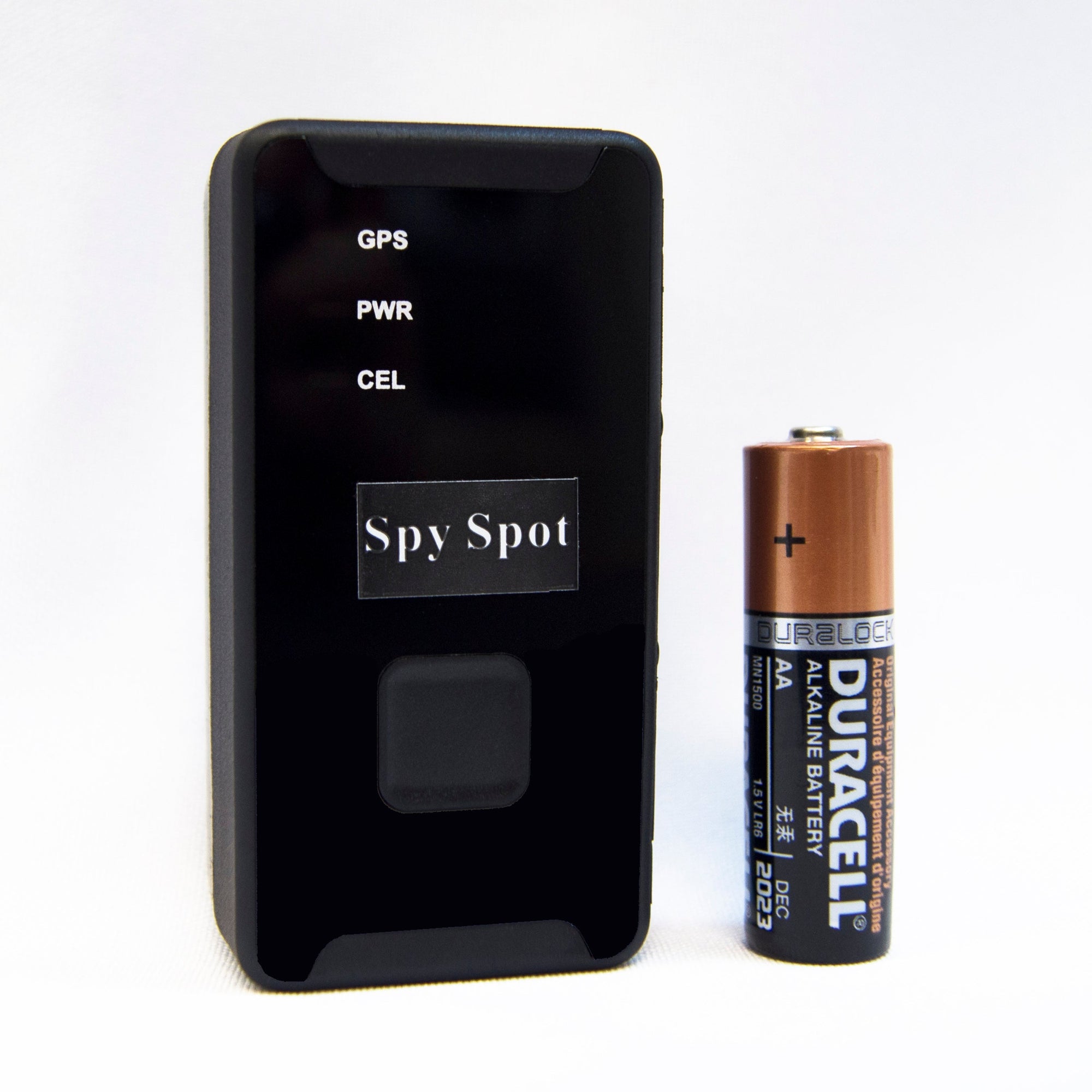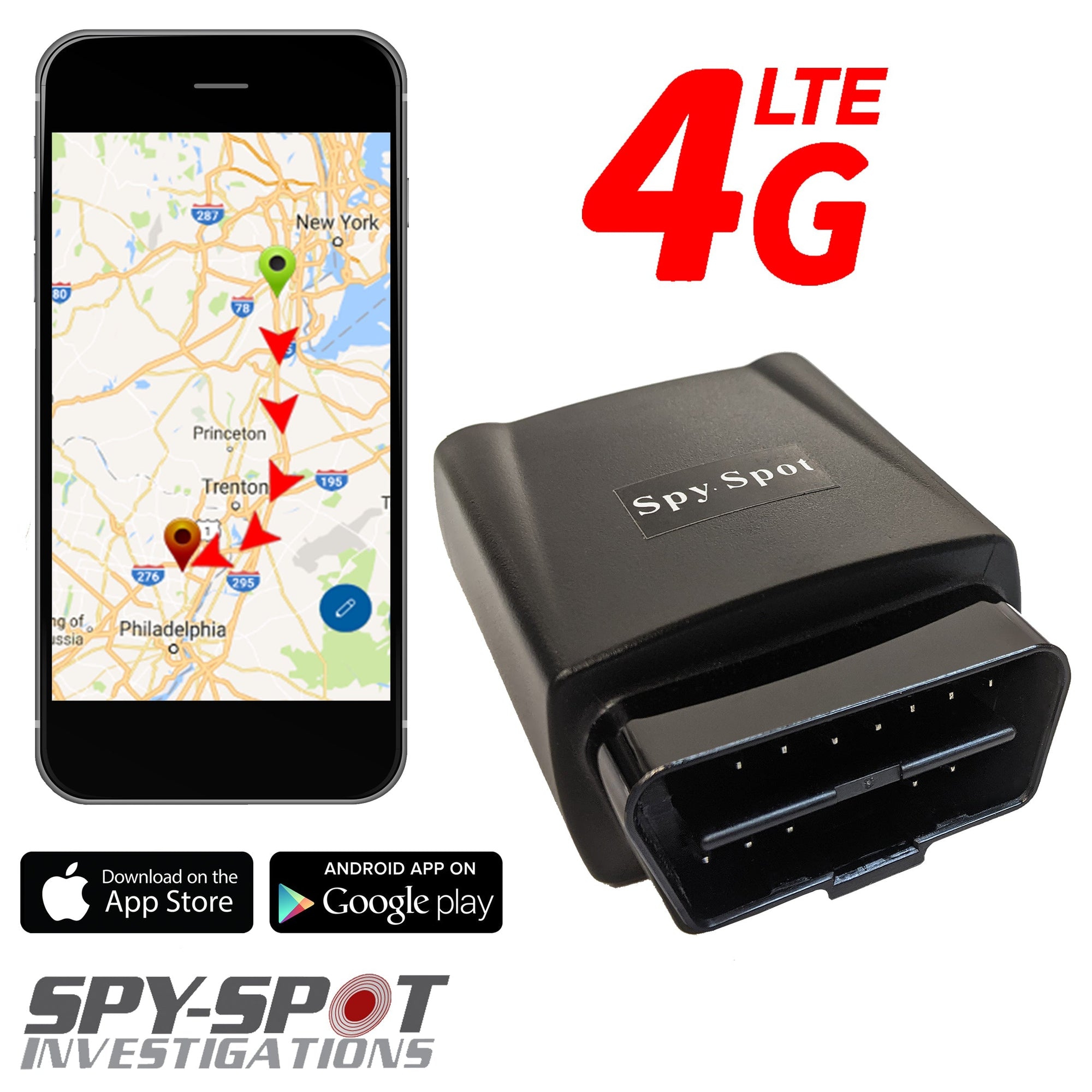When it comes to tracking valuable items, pets, or loved ones, choosing the right device can make a significant difference.
But with so many options available—like GPS trackers, Apple AirTags, and Bluetooth trackers—how do you decide which one is best?
In this guide, we’ll compare these popular tracking solutions to help you make an informed choice.
GPS Tracker vs. Bluetooth Tracker: Key Differences
GPS Trackers and Bluetooth Trackers are designed for different purposes, with distinct technologies powering their functionality:
1. GPS Trackers
How They Work:
GPS trackers use satellite signals to provide real-time location data, making them highly accurate and reliable over long distances. Many GPS trackers also include cellular connectivity, allowing them to transmit location updates to a smartphone or computer.
Pros:
- Wide Coverage: Works across vast areas, including rural and remote locations.
- Real-Time Tracking: Provides continuous updates, ideal for vehicles, pets, and people.
- Advanced Features: Some models offer geo-fencing, SOS alerts, and diagnostic capabilities.
Cons:
- Subscription Costs: GPS trackers usually require a monthly fee for cellular connectivity.
- Larger Size: GPS trackers are often bulkier than Bluetooth options.
Example: The Portable GPS Tracker with Magnetic case from Spy Spot offers reliable real-time tracking, a long battery life, and a weatherproof design.
2. Bluetooth Trackers
How They Work:
Bluetooth trackers rely on a short-range Bluetooth connection to communicate with a paired smartphone. These devices are great for locating items within a limited range, such as keys or wallets.
Pros:
- Affordable: No subscription fees.
- Compact and Lightweight: Ideal for small everyday items.
- Community Tracking: Brands like Tile and AirTag use networks of nearby devices to locate lost items.
Cons:
- Limited Range: Typically works only within 100-400 feet.
- No Real-Time Tracking: Depends on proximity to the tracker or nearby network devices.
AirTags vs. GPS Trackers
Apple’s AirTags combine Bluetooth and Ultra-Wideband (UWB) technology, making them a unique option for tracking. But how do they stack up against GPS trackers?
1. Apple AirTags
How They Work:
AirTags use Bluetooth to communicate with your iPhone and leverage the Apple Find My network, which includes millions of Apple devices worldwide, to locate items that are out of range.
Pros:
- Wide Community Network: Ideal for urban areas with a high density of Apple users.
- Integration with Apple Devices: Works seamlessly with iPhones, iPads, and Macs.
- Affordable: No subscription costs.
Cons:
- Limited to Apple Ecosystem: Requires an Apple device to use.
- No Real-Time Tracking: Updates are delayed if no Apple devices are nearby.
- Not Ideal for Movement Tracking: Designed for stationary items like luggage or keys.
2. GPS Trackers for Movement Tracking
Unlike AirTags, GPS trackers excel at tracking moving items, like vehicles, pets, or people. They provide real-time updates, making them a better choice for applications that require continuous monitoring.
Example: Our Portable GPS Tracker Kit is ideal for tracking cars, pets, or people over long distances with real-time updates.
What’s Better? Choosing the Right Tracker
The right tracker depends on your needs. Here’s a quick breakdown:
Choose a GPS Tracker If:
- You need real-time tracking over long distances.
- You’re monitoring a vehicle, pet, or person.
- You require features like geo-fencing and SOS alerts.
Choose a Bluetooth Tracker If:
- You’re tracking small, stationary items like keys or wallets.
- You need an affordable, lightweight option for short-range use.
Choose an AirTag If:
- You’re already using Apple devices.
- You’re tracking items in urban areas with a high density of Apple users.
- You don’t require real-time tracking for moving objects.
Conclusion
When comparing GPS trackers vs. Bluetooth trackers or AirTags vs. GPS trackers, it’s clear that each device serves a specific purpose. GPS trackers are best for long-distance and real-time tracking, while Bluetooth trackers and AirTags are better for short-range, item-specific use.
Need help choosing the perfect GPS tracker? Contact Spy Spot at +1 (561) 279-3939 or visit our Deerfield Beach store to explore a wide range of reliable GPS tracking solutions.






